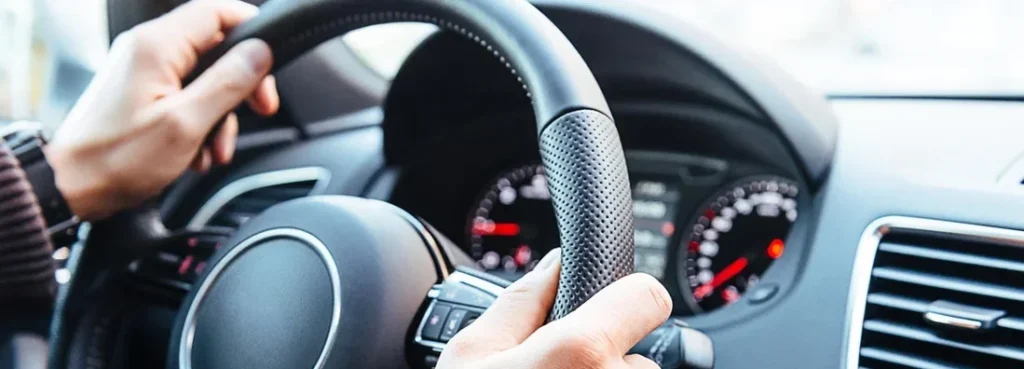Subjects exhibited minimal changes in simulated driving performance after consuming THC-infused edibles, according to research published in the Journal of Cannabis Research and online by the US National Library of Medicine.

The study, conducted by researchers from the Centre for Addiction and Mental Health, the University of Toronto and the Campbell Family Mental Health Research Institute, involved 22 participants who underwent simulated driving tests before and after ingesting edibles containing an average of 7.3 mg of THC. Assessments were made at two, four, and six hours post-consumption, with participants primarily being frequent recreational cannabis users.
The findings indicated a slight decrease in average speed two hours after consuming the edibles, with no significant changes in weaving, maximum speed, speed variability, or reaction time at any assessment point. Additionally, some subjects reported a reduced willingness to drive after ingesting cannabis.
Researchers suggest that the lack of significant impairment could reflect a tolerance to cannabis effects, a phenomenon previously observed in other studies. Literature reviews have noted that patients consistently using cannabinoids can develop a tolerance to their psychomotor impairments, potentially maintaining safe driving abilities.
This study marks the first to explore the impact of cannabis edibles on simulated driving. The authors call for future research to consider age factors, particularly since the effects of cannabis on older individuals have been less examined.
The study’s full abstract can be found below:
Background: Cannabis has been shown to impact driving due to changes produced by delta-9-tetrahydrocannabinol (THC), the psychoactive component of cannabis. Current legal thresholds for blood THC while driving are based predominantly on evidence utilizing smoked cannabis. It is known that levels of THC in blood are lower after eating cannabis as compared to smoking yet the impact of edibles on driving and associated blood THC has never been studied.
Methods: Participants drove a driving simulator before and after ingesting their preferred legally purchased cannabis edible. In a counterbalanced control session, participants did not consume any THC or cannabidiol (CBD). Blood was collected for measurement of THC and metabolites as well as CBD. Subjective experience was also assessed.
Results: Participants consumed edibles with, on average, 7.3 mg of THC, which is less than the maximum amount available in a single retail package in Ontario, providing an ecologically valid test of cannabis edibles. Compared to control, cannabis edibles produced a decrease in mean speed 2 h after consumption but not at 4 and 6 h. Under dual task conditions in which participants completed a secondary task while driving, changes in speed were not significant after the correction for multiple comparison. No changes in standard deviation of lateral position (SDLP; ‘weaving’), maximum speed, standard deviation of speed or reaction time were found at any time point or under either standard or dual task conditions. Mean THC levels were significantly increased, relative to control, after consuming the edible but remained relatively low at approximately 2.8 ng/mL 2 h after consumption. Driving impairment was not correlated with blood THC. Subjective experience was altered for 7 h and participants were less willing/able to drive for up to 6 h, suggesting that the edible was intoxicating.
Interpretation: This is the first study of the impact of cannabis edibles on simulated driving. Edibles were intoxicating as revealed by the results of subjective assessments (VAS), and there was some impact on driving. Detection of driving impairment after the use of cannabis edibles may be difficult.







